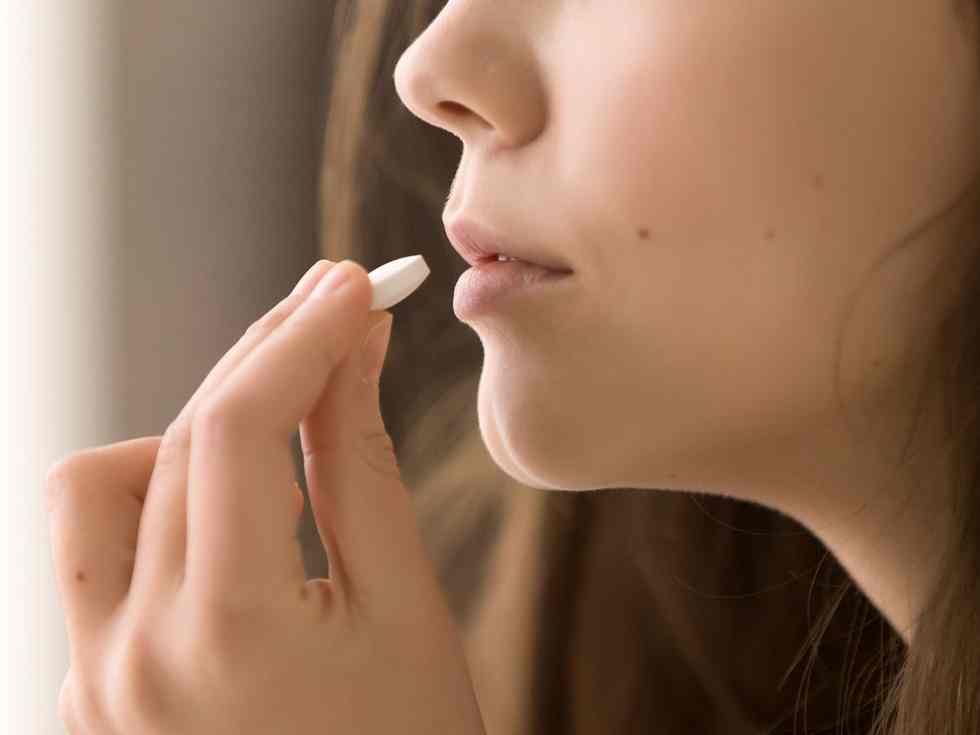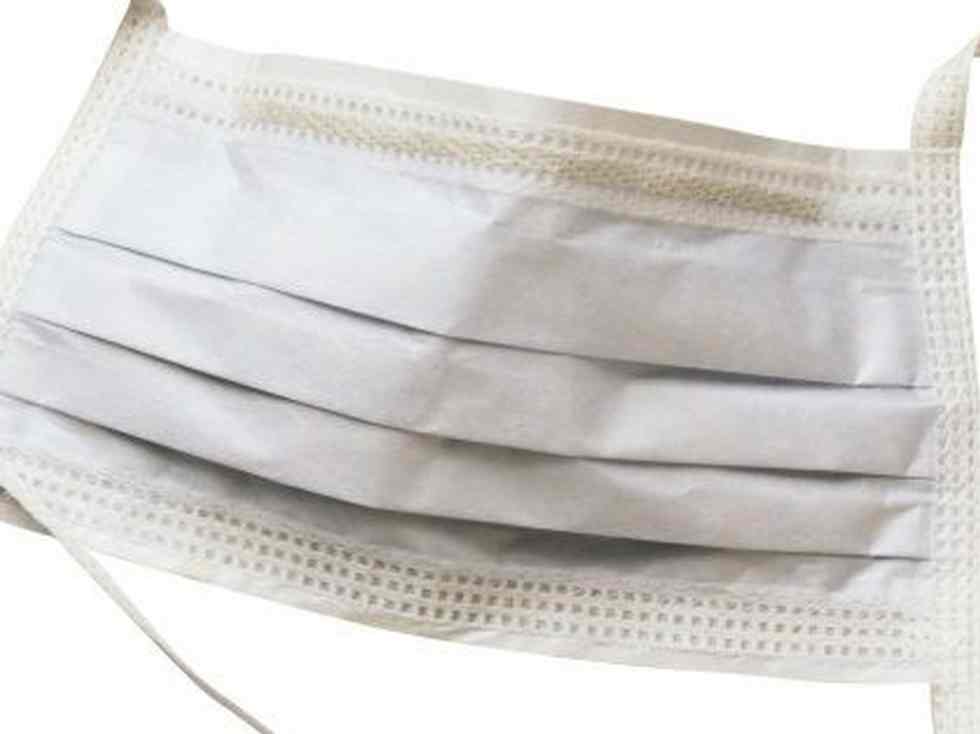How you can Use the “Placebo Impact” to Your Benefit

What if somebody informed you that there was an inexpensive, drug-free, zero-side-effect remedy to heal what ailed you? You’d in all probability be skeptical but curious, proper?
Properly, such a factor might exist already—the placebo impact, which is when a affected person in a lab setting feels higher after receiving remedy (corresponding to a non-medicinal capsule) she or he believes to be medication. Scientists are keen to know how this phenomenon works to allow them to in the future harness its energy.
And that day is probably not too far off: Within the not-so-distant future, we may see the placebo impact put to make use of in physician’s places of work and pharmacies. A rising physique of analysis is starting to dispel its dangerous rap—that you just’re silly or gullible for believing a “faux” drug works or, worse but, that if it helps, you have been by no means actually sick in any respect.
“For a very long time, placebos have been stigmatized as a result of they have been thought to ‘work’ by tricking sufferers into believing they have been receiving one thing actual,” says Anne Harrington, PhD, a professor of the historical past of science at Harvard College and writer of The Remedy Inside: A Historical past of Thoughts-Physique Medicine. “It was even recommended that individuals who reacted to them may be unusually submissive to authority or much less clever than the remainder of us.”
That’s not the case, because of scientific developments like mind imaging and research after research displaying that there are actual bodily and psychological responses concerned in why sufferers reply. Right here’s what we all know thus far, and what it may imply for the way forward for medication.
How placebos can change the mind
The placebo impact first revealed itself in the midst of the twentieth century, when placebos began being utilized in all scientific drug trials—any new remedy wanted to outperform the placebo to show that it labored and was value providing to sufferers. However it quickly grew to become apparent that the placebos themselves have been having fairly an impression on contributors. “When one regarded on the information, it was obvious that individuals taking the sugar capsule have been generally getting higher too,” says Vania Apkarian, PhD, a professor at Northwestern College’s Feinberg College of Medication. As soon as scientists started digging, it grew to become clear that there wasn’t only one underlying cause.
Taking a placebo typically works on ache as a result of it prompts the opiate pathways within the mind.
Conditioning (being informed constantly and repeatedly that one thing helps you really trains your mind to imagine it does) and suggestion (when merely listening to {that a} shot is crammed with medicine eases your ache even if there isn’t a drop of remedy in it) can change your mind, which adjustments the way it responds to ache. Conditioning, the sector of neuroscience tells us, shifts the best way neurotransmitters talk with each other. “Each time you’ve been handled prior to now and it labored, your mind created neural pathways associating the remedy with feeling higher,” says Tor Wager, PhD, a professor of psychology and neuroscience on the College of Colorado in Boulder.
The expectation of feeling higher
You’ve possible skilled this even when you’ve by no means been a part of a analysis research: Should you’ve ever taken an unproven residence treatment and felt higher, then the following time you tried it, it in all probability labored once more, more than likely as a result of your mind remembered and informed you it ought to. Different components can strengthen this conditioning and the ensuing expectations that result in enchancment. “If you’re given a remedy and informed that it would assist, the suggestion alone could make you extra open to constructive adjustments and alter the narrative you inform your self about your signs,” Wager provides. So when you inform your self you’re feeling fairly good, that additional reinforces how your mind responds.
Who you might be additionally issues. Individuals who expertise the most important placebo impact are usually extra conscious of their very own our bodies and feelings, have low nervousness and excessive optimism, and
take into account themselves open to the ability of suggestion. Sure genes may have an effect on how particular person brains reply, thus having an impression on susceptibility to placebos.
Easing ache, melancholy, and different signs
To this point, well being points associated to mind circuitry are rising as essentially the most promising areas for placebo software. “It could actually work on ache, melancholy, and a few signs related to Parkinson’s illness, as a result of in these circumstances the thoughts is an adaptable and highly effective controller of moods and feelings,” says Apkarian. However on the subject of issues like
infections and most cancers, a sugar capsule received’t substitute penicillin or chemo.
Contemplate ache aid, for example: Taking a placebo typically works on ache as a result of it prompts the opiate pathways within the mind, that are the identical ones used to uninteresting the ouch. However when you get in the best way of these pathways (say, by giving a placebo-popping affected person an opioid-blocking drug), the placebo not has a bodily impact and stops working. And within the space of psychological well being, mind imaging has proven that placebos can intervene with neural pathways concerned in producing emotions of emotional misery: In a single research, after being informed a nasal spray lowered emotional ache, individuals checked out a photograph of an ex who’d not too long ago damaged up with them; regardless that the spray was a placebo, they reported feeling much less unhappy. In one other, topics who have been informed that the colour inexperienced was calming after which regarded on the coloration inexperienced reported feeling calmer, possible due to suggestibility.
What we do not find out about placebos
As promising as this understanding is, each research that reveals one thing new tends to boost extra questions. This isn’t essentially a nasty factor, for the reason that extra we all know, the extra refined therapies might ultimately turn into. These questions embody Are you able to mix a placebo with a conventional drug and get even higher outcomes? and Are there methods to spice up the placebo response?
After which there’s in all probability the most important thriller researchers try to resolve: why some individuals reply to placebos whereas others don’t. “Who will present a response and the way it may be predicted forward of time are million-dollar questions,” says Wager. “And somebody may reply in a single state of affairs, however not in one other. Why?” As solutions begin to trickle in, the hope is that medical doctors will be capable of predict who will reply and maybe flip an individual who doesn’t into one who does, increasing the potential placebos maintain.
The newest part of analysis entails “open-label,” or “trustworthy,” placebo trials, through which sufferers are informed outright that they’re receiving a drug-free remedy. That is, amongst different issues, an try and erase the moral dilemma of deceiving sufferers to be able to discover out whether or not a drug is efficient. For instance, one research on IBS and one other on migraine sufferers have seen profitable outcomes; contributors have been informed from the get-go that their remedy had no medication, however they nonetheless felt higher. These sorts of research will present medical doctors with the scientific information they should present their sufferers that the placebo impact is actual and permit them to supply a drug-free choice if an individual is concerned with it. “It’s very thrilling to see proof that open-label placebos work,” says Apkarian. “We’re nonetheless originally of figuring out the way to use them, however the implication is de facto huge.”
This text was initially printed within the September 2019 difficulty of Prevention.
Like what you simply learn? You’ll love our journal! Go right here to subscribe. Don’t miss a factor by downloading Apple Information right here and following Prevention. Oh, and we’re on Instagram too.


